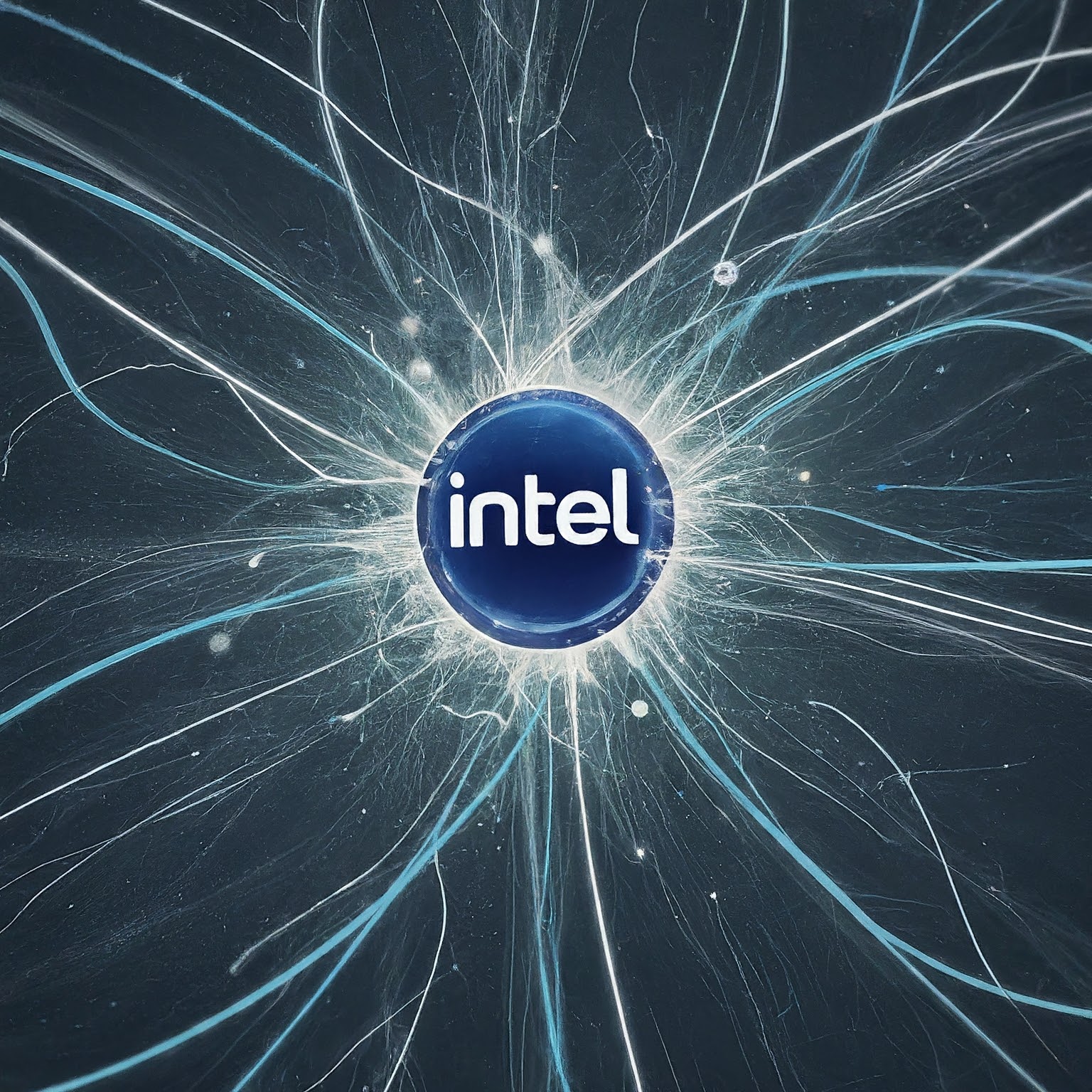Intel Vision 2024 unveiled a bold strategy to accelerate the integration of artificial intelligence into the fabric of businesses and industries. CEO Pat Gelsinger's keynote highlighted Intel's commitment to providing the silicon, software and services needed to unlock the transformative power of AI for enterprises around the world. With a focus on advances such as generative AI, cloud-to-edge solutions, and the Gaudi 3 AI accelerator, Intel aims to be a trusted catalyst for AI innovation.
The Generative AI Revolution and Its Impact
One of the central themes of Intel Vision 2024 was the emergence of generative AI. This new generation of AI models, exemplified by tools like ChatGPT and DALL-E, can generate human-quality text, images and other forms of creative content. Intel believes creative AI will revolutionize industries, from customer service and content creation to scientific research and personalized learning.
To support this revolution, Intel is developing platforms and software toolkits that will simplify the development, deployment and management of creative AI solutions. The company is particularly focused on optimizing workloads spanning the cloud, network, PC, and edge, positioning itself as an infrastructure provider for an AI-dominated future.
Gaudi 3: Challenging AI Market Leadership
Intel made waves at Vision 2024 with the unveiling of its Gaudi 3 AI accelerator. Designed specifically for AI training and inference, Gaudi 3 promises to challenge Nvidia's position as the leading provider of AI hardware. Intel claims that Gaudi 3 will provide:
- Higher Performance: Up to 1.7x the training performance of Nvidia's H100.
- Improved Efficiency: 40% greater power efficiency than its competitor.
- Competitive Cost: Significantly lower price point than comparable AI accelerators.
Intel's Gaudi AI accelerators, developed after the acquisition of Habana Labs, are a key element of the company's AI portfolio. The availability of Gaudi 3 on systems from Dell, HPE, Lenovo, and Super Micro will make it easier for enterprises to implement powerful AI solutions. The inclusion of Gaudi 3 chips in Intel's Developer Cloud will allow organizations to test and prototype AI projects without expensive hardware investments.
AI in the Enterprise: Key Use Cases
Intel Vision 2024 showcased several compelling use cases demonstrating AI's transformative potential for organizations. Here are some notable examples:
- Customer Service and Support: AI-powered chatbots and virtual assistants can provide 24/7 assistance, resolving customer inquiries and freeing up human support staff for more complex tasks.
- Predictive Maintenance: AI can analyze sensor data from industrial equipment to predict potential failures, preventing costly downtime and maximizing asset lifespans.
- Manufacturing Optimization: AI-driven process optimization can enhance production efficiency, improve product quality, and streamline resource utilization in manufacturing settings.
- Fraud Detection: AI models excel at identifying patterns and anomalies associated with fraud in financial transactions, protecting businesses and customers from financial losses.
- Personalized Medicine: AI can analyze vast amounts of medical data to personalize treatment plans, aid in drug discovery, and improve patient outcomes.
Intel's AI Ecosystem: Partnerships and Collaborations
Intel recognizes that AI innovation requires a collaborative approach across the technology landscape. The company is actively cultivating an ecosystem of partners to accelerate AI deployment. Key contributions include:
- Software Developers: Intel is partnering with leading software companies to optimize AI frameworks and tools for Intel hardware, ensuring maximum performance for end-users.
- Cloud Providers: Intel works closely with cloud providers to deploy AI solutions on the cloud, making them accessible for businesses of all sizes.
- Universities and Research Institutions: Intel collaborates with research organizations to push the boundaries of AI research, accelerating the development of new algorithms and techniques.
Addressing the Challenges of AI Adoption and Scaling
Intel acknowledges that adopting AI comes with some challenges for businesses. To overcome these obstacles, Intel Vision 2024 proposed several strategies:





























